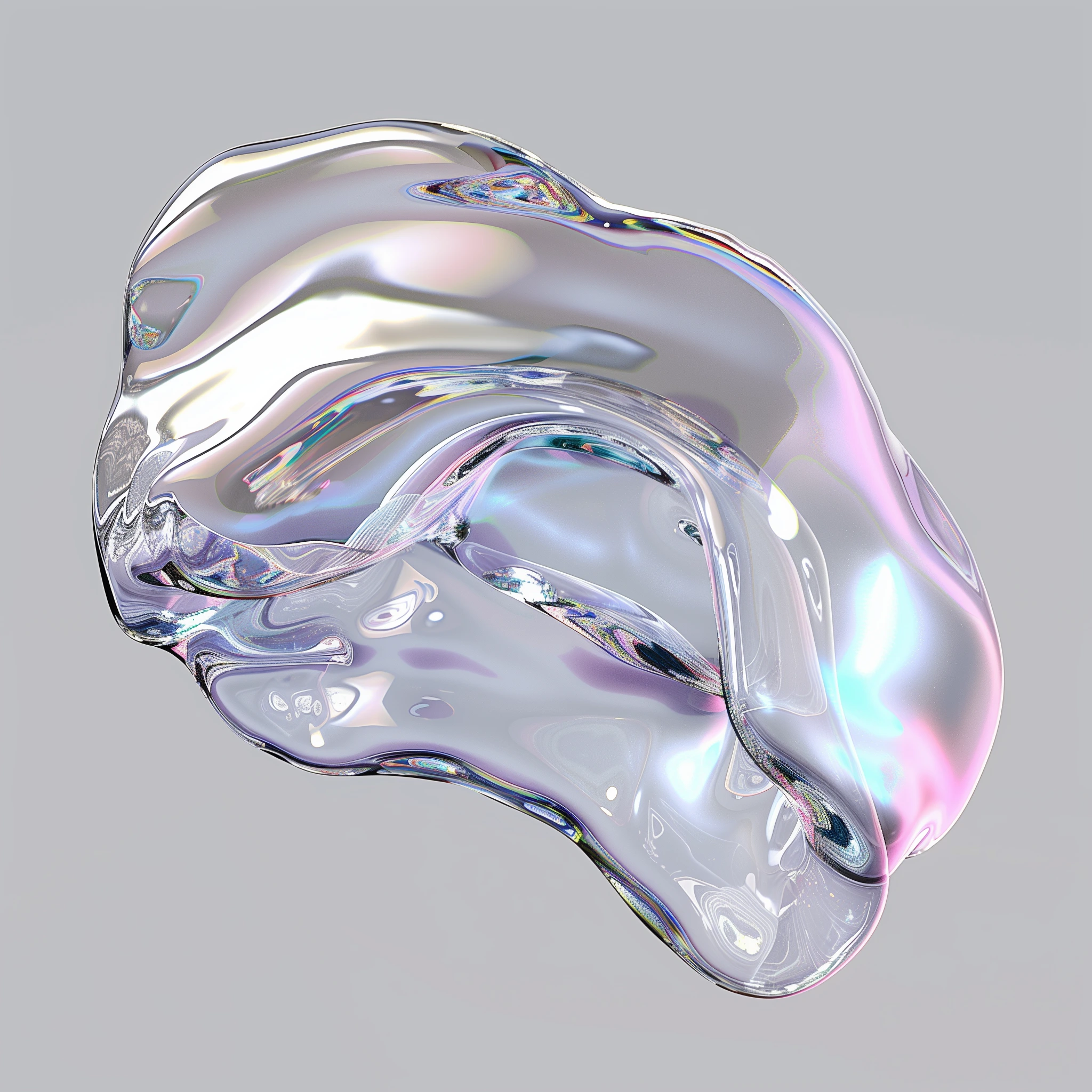The project is part of the long-standing collaboration between Politecnico di Milano and Agrati, launched within the framework of JRP MATT, a supply chain initiative of the Lecco Campus dedicated to metal wire. The involvement of AIRIC and the use of AI were requested to address the need for a more accessible, shareable, and structured approach to the design of cold-forming cycles, particularly to support the product customization phase in order to reduce design time and develop more efficient solutions.<br>Over the years, several project phases have followed, leading to the development of an initial model-based prototype capable of generating production cycles. A scientific paper has also been produced from the project, available [here]. The project is currently ongoing and includes a validation campaign on real cases, along with the enhancement of the existing tool.
Data exploitation and initial modeling
Analysis of the existing data landscape and of the current methods used to transfer technical expertise into the design process. Definition of an initial simplified model and selection of the most promising methodological approaches.
Deliverables:
- Analysis of available data and dataset structure.
- Technical and organizational development roadmap (methods, skills, integration).
PoC development and initial experimentation
Development of an AI model capable of generating production cycles through inverse tree search, starting from a simplified two-dimensional representation of the pieces. Design and testing of different algorithms, choice of the most effective approach, and implementation of a Proof of Concept.
Deliverables:
- Working PoC based on real production cycles.
- Algorithms implemented and evaluated on case studies.
Extension and inductive approach
Extension of the AI model to capture more complex pieces and operations through the adoption of a three-dimensional representation. Implementation of a demo usable for real-world cases, capable of finding all possible solutions and choosing the most efficient one. Experimentation with a data-driven (inductive) approach as support to the AI model, enabling the retrieval of similar parts and cycles. Analysis of the potential and limitations of using AI in more complex scenarios.
Deliverables:
- Production Planning Algorithm.
- Business exploration report and future use cases.
- Demo tested directly by Agrati engineers on real cases.
Validation and enhancement (ongoing)
Execution of a large-scale validation campaign to assess the stability and usability of the demo, improvement of the existing algorithm to extend its applicability to more complex scenarios, and development of an error-tracking system to facilitate its use.
Deliverables:
- Updated prototype with relaxed constraints and greater scalability.
- Advanced error classification and tracking system.
- Final report with experimentation results.
The project is still ongoing. The results achieved so far and the impact of the collaboration with Agrati will be described and updated as the activities progress. At the end of Phase 3, we implemented a tool that Agrati designers can use independently, which has been able to optimally solve about half of the test parts collected during development.
Publications

Co-Director
AIRIC
Giovanni
Miragliotta

Co-Director
AIRIC
Nicola
Gatti

Project Manager | Senior AI Research Engineer
AIRIC
Tommaso
Bianchi

AI Research Scientist
AIRIC
Gianmarco
Genalti

AI Research Scientist
AIRIC
Davide
Fabroni

AI Research Scientist
AIRIC
Agnese
Dall'Olio

Deputy COO Europe
Agrati
Andrea
Sala

Process Engineering & PM Manager
Agrati
Paolo
Viganò

Technical Expert Forging
Agrati
Luca
Negri


